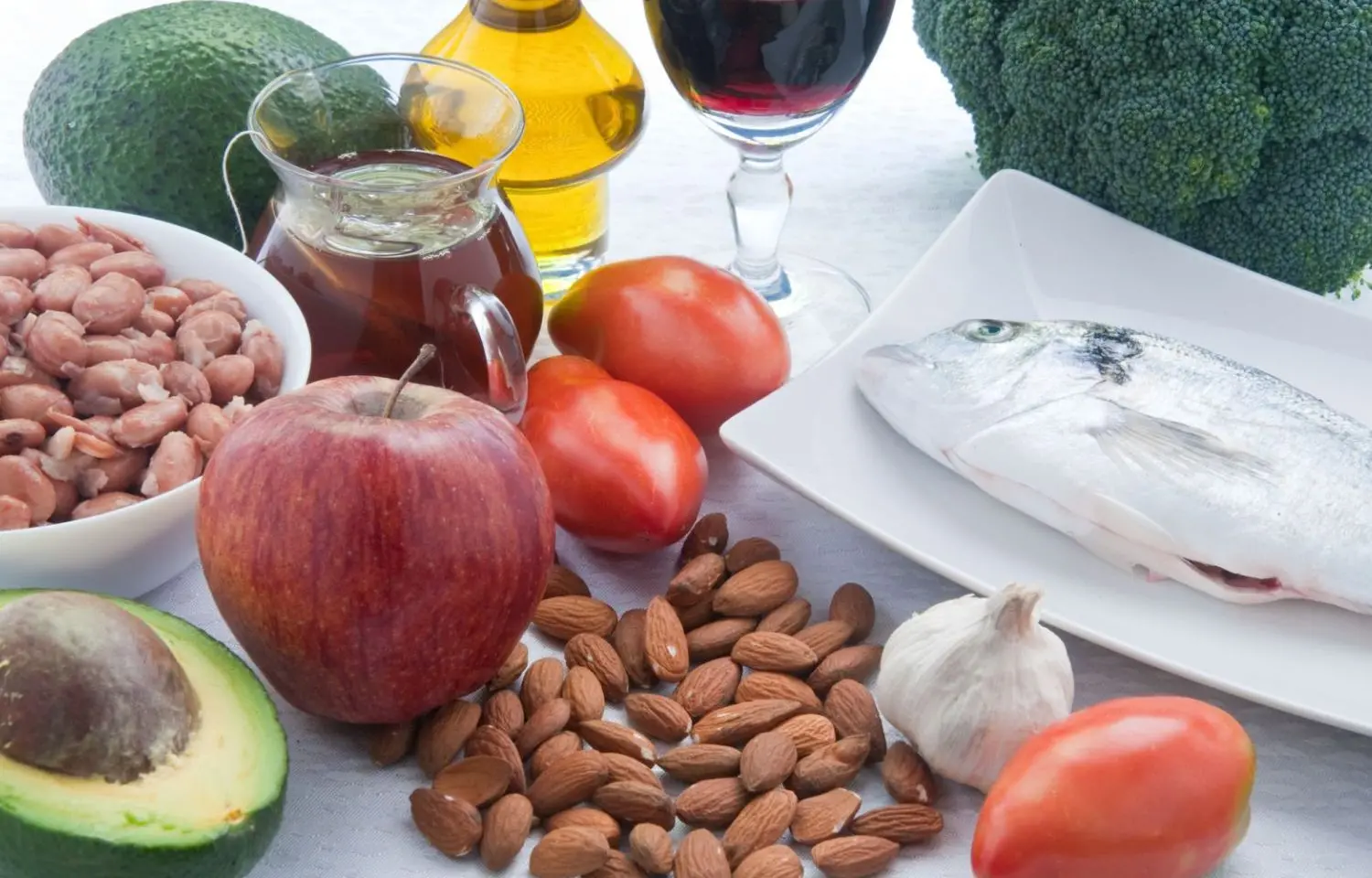- Home
- Medical news & Guidelines
- Anesthesiology
- Cardiology and CTVS
- Critical Care
- Dentistry
- Dermatology
- Diabetes and Endocrinology
- ENT
- Gastroenterology
- Medicine
- Nephrology
- Neurology
- Obstretics-Gynaecology
- Oncology
- Ophthalmology
- Orthopaedics
- Pediatrics-Neonatology
- Psychiatry
- Pulmonology
- Radiology
- Surgery
- Urology
- Laboratory Medicine
- Diet
- Nursing
- Paramedical
- Physiotherapy
- Health news
- Fact Check
- Bone Health Fact Check
- Brain Health Fact Check
- Cancer Related Fact Check
- Child Care Fact Check
- Dental and oral health fact check
- Diabetes and metabolic health fact check
- Diet and Nutrition Fact Check
- Eye and ENT Care Fact Check
- Fitness fact check
- Gut health fact check
- Heart health fact check
- Kidney health fact check
- Medical education fact check
- Men's health fact check
- Respiratory fact check
- Skin and hair care fact check
- Vaccine and Immunization fact check
- Women's health fact check
- AYUSH
- State News
- Andaman and Nicobar Islands
- Andhra Pradesh
- Arunachal Pradesh
- Assam
- Bihar
- Chandigarh
- Chattisgarh
- Dadra and Nagar Haveli
- Daman and Diu
- Delhi
- Goa
- Gujarat
- Haryana
- Himachal Pradesh
- Jammu & Kashmir
- Jharkhand
- Karnataka
- Kerala
- Ladakh
- Lakshadweep
- Madhya Pradesh
- Maharashtra
- Manipur
- Meghalaya
- Mizoram
- Nagaland
- Odisha
- Puducherry
- Punjab
- Rajasthan
- Sikkim
- Tamil Nadu
- Telangana
- Tripura
- Uttar Pradesh
- Uttrakhand
- West Bengal
- Medical Education
- Industry
Lowering cholesterol through diet reduces prostate cancer risk: Study

Canada: Reduction of serum cholesterol through dietary interventions significantly lowers serum prostate-specific antigen (PSA) and the risk of prostate cancer, claims a recent study in Canadian Urological Association Journal.
Previous studies have shown that statins may lower serum PSA and improve the outcomes of prostate cancer through cholesterol-dependent and independent mechanisms. Dietary modifications also have been said to have an established role in the reduction of serum cholesterol but it is not clear if diet-driven cholesterol reductions yield similar PCa benefits to that observed with statins.
Against the above background, Viranda H. Jayalath, Division of Surgery-Urology, Faculty of Medicine, University of Toronto, Toronto, Canada, and colleagues aimed to investigate the effect of diet-driven cholesterol reduction on serum PSA and estimated-PCa risk.
For this purpose, the researchers included a total of 291 men from six published randomized controlled trials of dietary interventions. Men were aged ≥40 years, free of PCa, and had baseline PSA <10.0 ng/mL. For 8-24 weeks, participants received one of four diets (low-glycemic index, high-fiber, low-glycemic load, or cholesterol-lowering).
The primary outcomes evaluated the association between change from baseline low-density lipoprotein cholesterol (LDL-C) and PSA. The Prostate Cancer Prevention Trial (PCPT) risk calculator (limited to age ≥55 years, baseline PSA ≥1.0 ng/mL) was used to estimate how cholesterol reduction modified PCa risk.
The researchers reported the following findings:
- Baseline PSA was 0.90 ng/mL (interquartile range [IQR] 0.55-1.60) and LDL-C was 90 mg/dL (IQR 69-125).
- In multivariate regression, PSA decreased 1.9% per 10% reduction in LDL-C.
- This regression was greater in men with baseline PSA ≥2.0 ng/mL (-5.4% per 10% LDL-C reduction).
- In men with estimable PCPT risk, statin-comparable LDL-C reductions (≥15%) reduced PSA by 12% and estimated PCa risk by 6.5%.
"This is the first study to show that serum cholesterol reduction through dietary interventions significantly lowered serum PSA and estimated PCa risk," the researchers wrote. "However, an investigation is warranted on whether cholesterol-lowering diets improve PCa outcomes."
Reference:
Jayalath , V. H. ., Lajkosz , K. ., Fleshner , N. E. ., Hamilton, R. J., & Jenkins , D. J. . (2022). The effect of lowering cholesterol through diet on serum prostate-specific antigen levels: A secondary analysis of clinical trials. Canadian Urological Association Journal, 16(8), 279–82. https://doi.org/10.5489/cuaj.7975
Dr Kamal Kant Kohli-MBBS, DTCD- a chest specialist with more than 30 years of practice and a flair for writing clinical articles, Dr Kamal Kant Kohli joined Medical Dialogues as a Chief Editor of Medical News. Besides writing articles, as an editor, he proofreads and verifies all the medical content published on Medical Dialogues including those coming from journals, studies,medical conferences,guidelines etc. Email: drkohli@medicaldialogues.in. Contact no. 011-43720751


